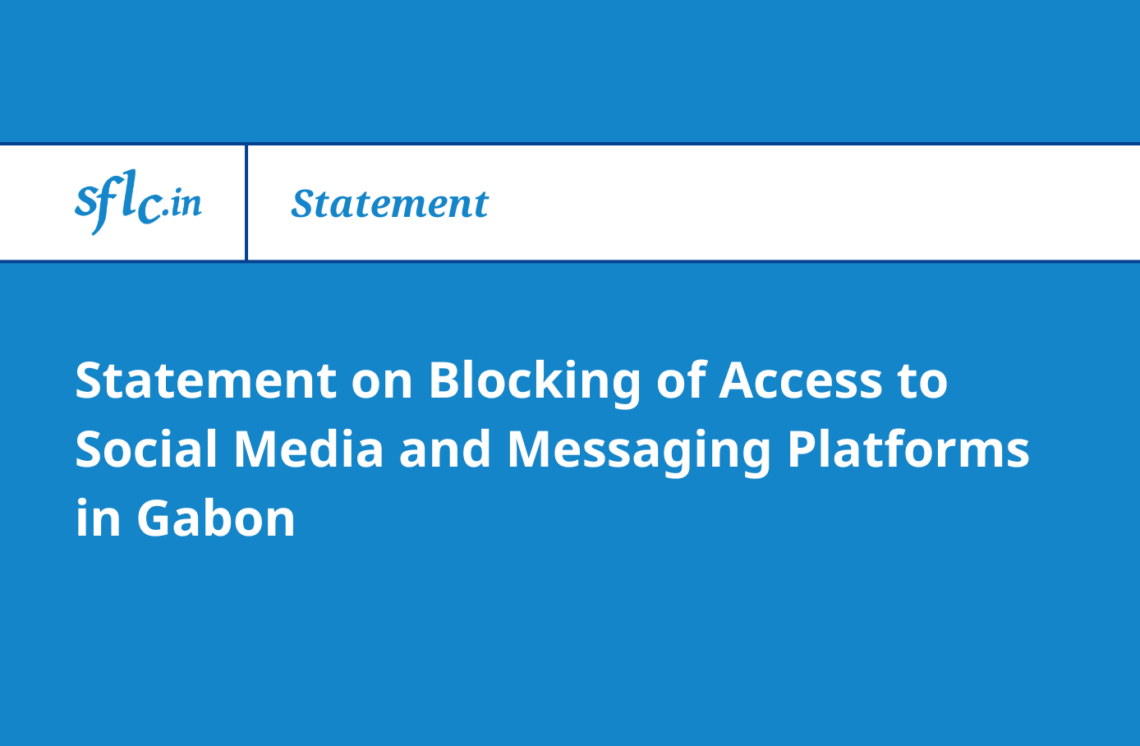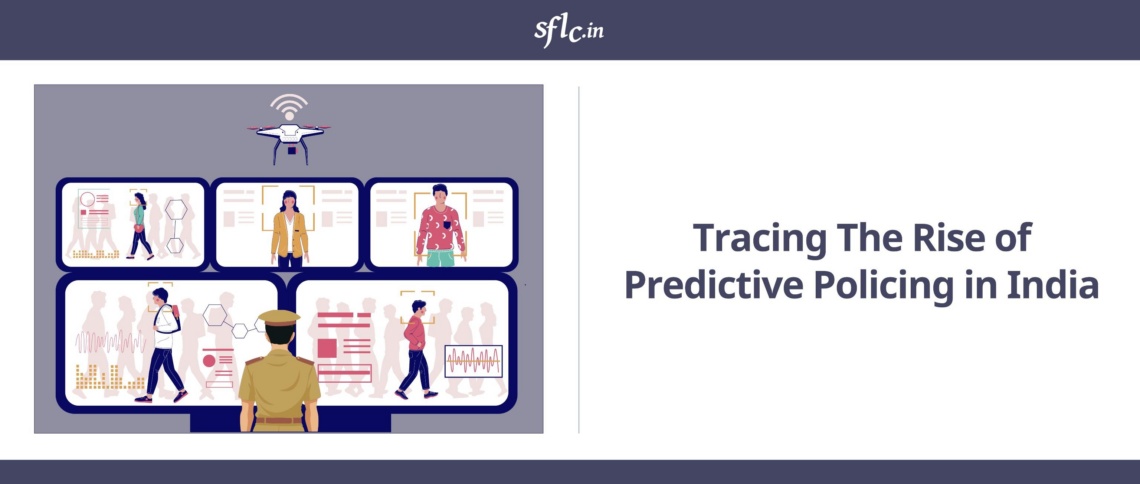In the light of a series of arrests made under Section 66A of the Information Technology Act, 2000, this writ petition was filed in public interest under Article 32 of the Constitution of India, seeking to strike down Section 66A as unconstitutional.
It is argued that the phraseology of Section 66A is so wide, vague and incapable of being judged on objective standards that it is susceptible to wanton abuse. Further, the terms ‘offensive’, ‘menacing’, ‘annoyance’, ‘inconvenience’, ‘danger’, ‘obstruction’ and ‘insult’ have not been defined in the IT Act, General Clauses Act or any other legislation. It has been held in the case of A K Roy v. Union of India that the impossibility of framing a definition with mathematical precision does not justify the use of vague expressions. In the said case, a provision of the National Security Act was held to be violative (due to being capable of wanton abuse) of the Fundamental Right to Life and Personal Liberty guaranteed under Article 21 of the Constitution. This dicta of the Court is squarely attracted in the present case, says the Petitioner.
Citing the arrests made under Section 66A, the Petitioner submits that the wide legislative language of the Section severely disincentivizes citizens from exercising their Constitutionally protected right to free speech for fear of frivolous prosecution (the ‘chilling effect’), which violates the Freedom of Speech and Expression guaranteed under Article 19(1)(a) of the Constitution. Furthermore, whether or not Section 66A meets the test of ‘reasonableness’ laid down under Article 19(2), it is nonetheless violative of Articles 14 (Right to Equality) and 21 of the Constitution.
Additionally, in S Khushboo v. Kanniammal, the Supreme Court had said that in cases involving Freedom of Speech and Expression, the proper course for Magistrates is to use their statutory powers to direct an investigation into the allegations before taking cognizance of the offences alleged i.e. an inquiry under Section 202 of the Criminal Procedure Code (CrPC) is a must before issuance of process.
Thus, the Petitioner prays that:
-
Section 66A of the IT Act be struck down as unconstitutional.
-
A guideline be issued by the Supreme Court that offences involving Freedom of Speech and Expression be treated as non-cognizable offences for the purpose of Sections 41 and 156(3), CrPC, and that even for commencing investigation, an inquiry under Section 202, CrPC is mandatory.
[Sections 41 and 156(3) of the CrPC allow police authorities to arrest and investigate (respectively) without warrants in the case of cognizable offences; Section 202 requires Magistrates who receive complaints of offences to investigate/direct investigation into the cases to determine whether there are sufficient grounds for proceeding]



